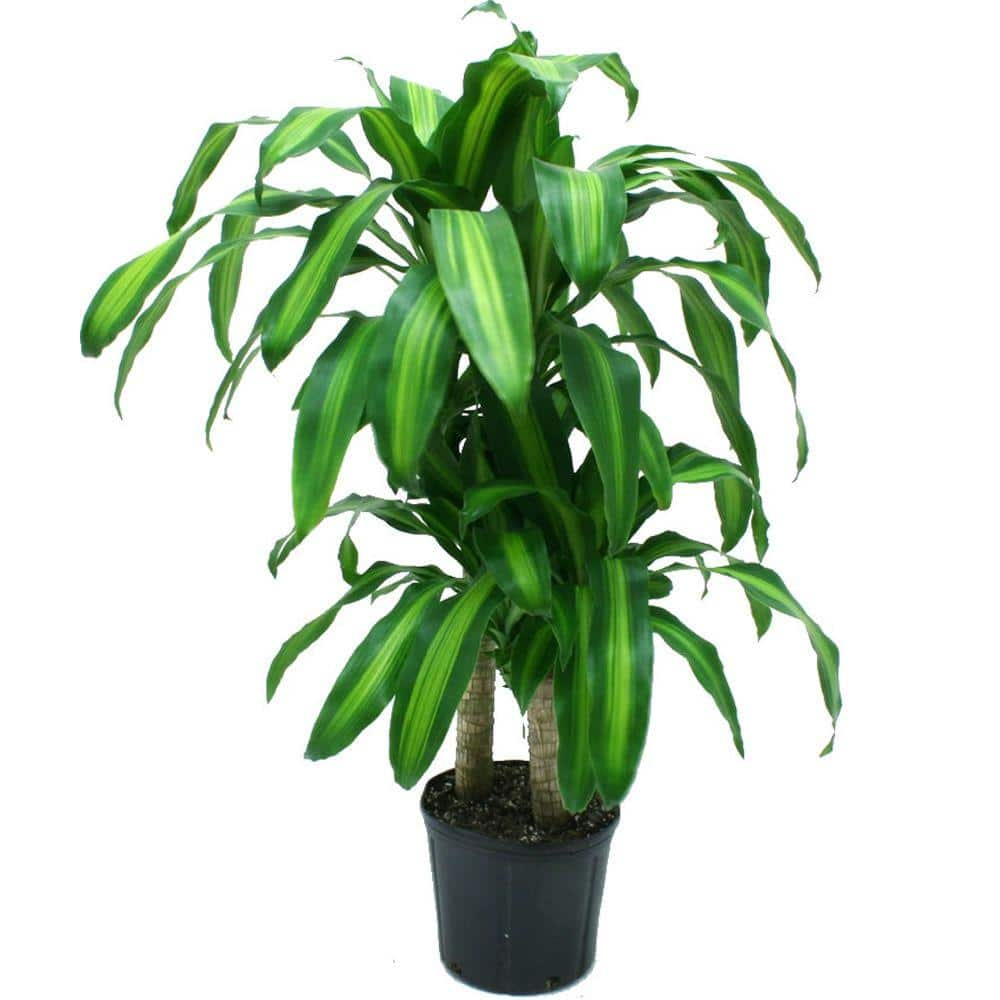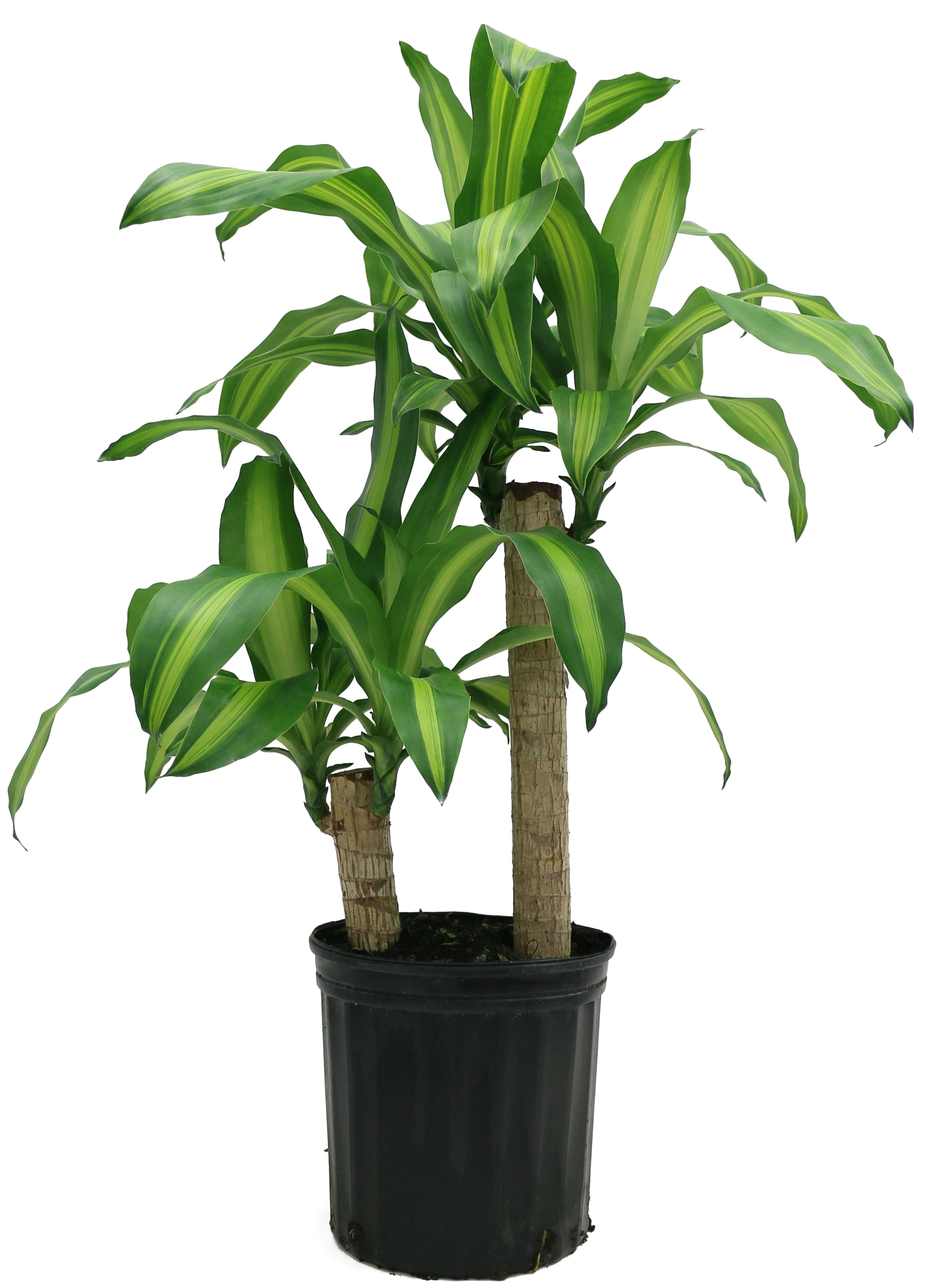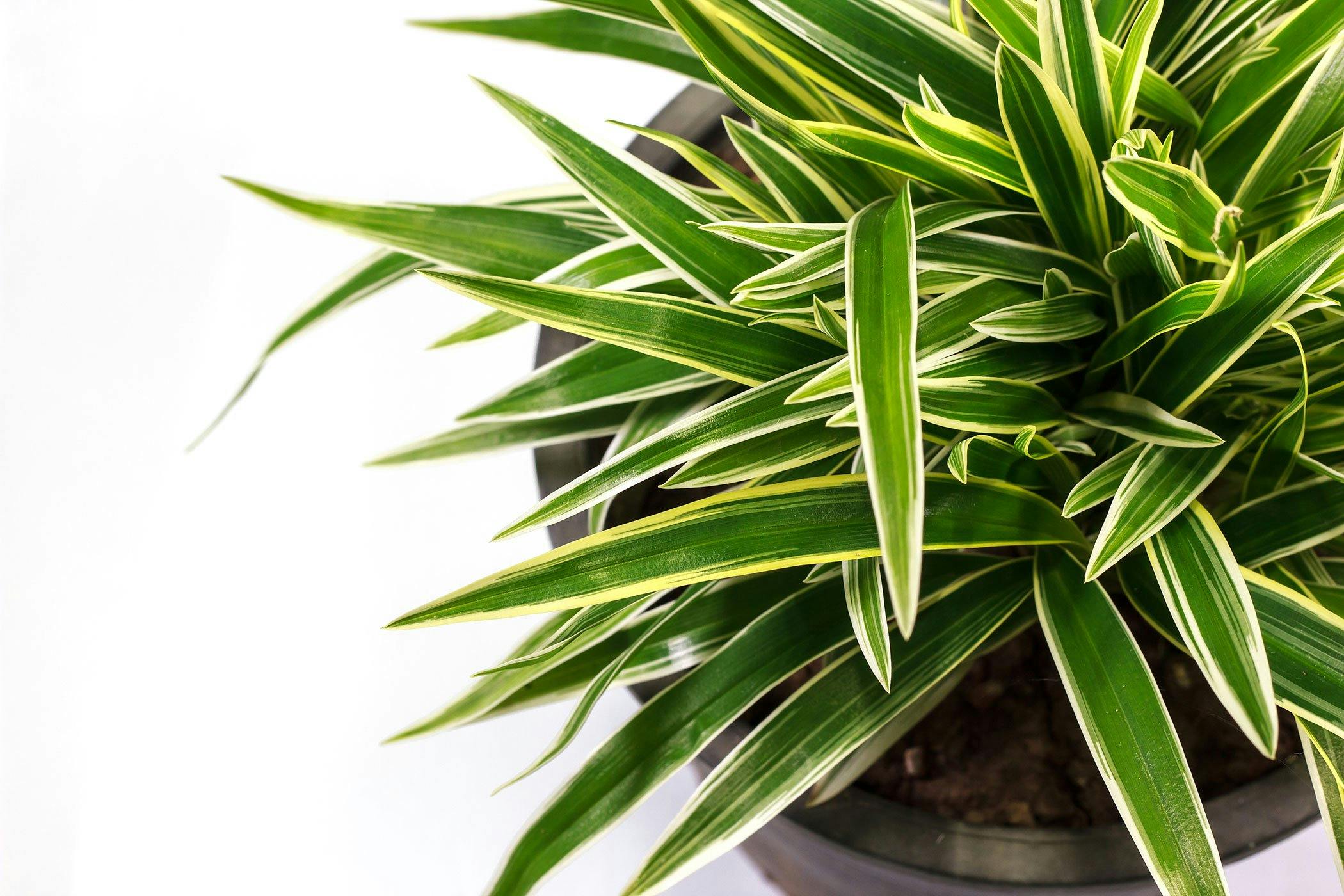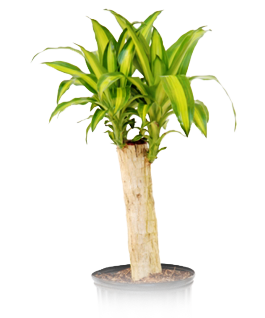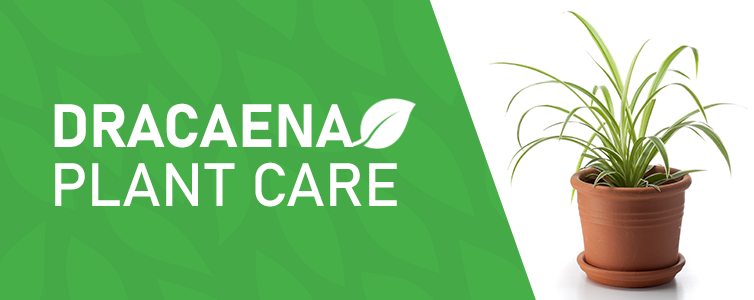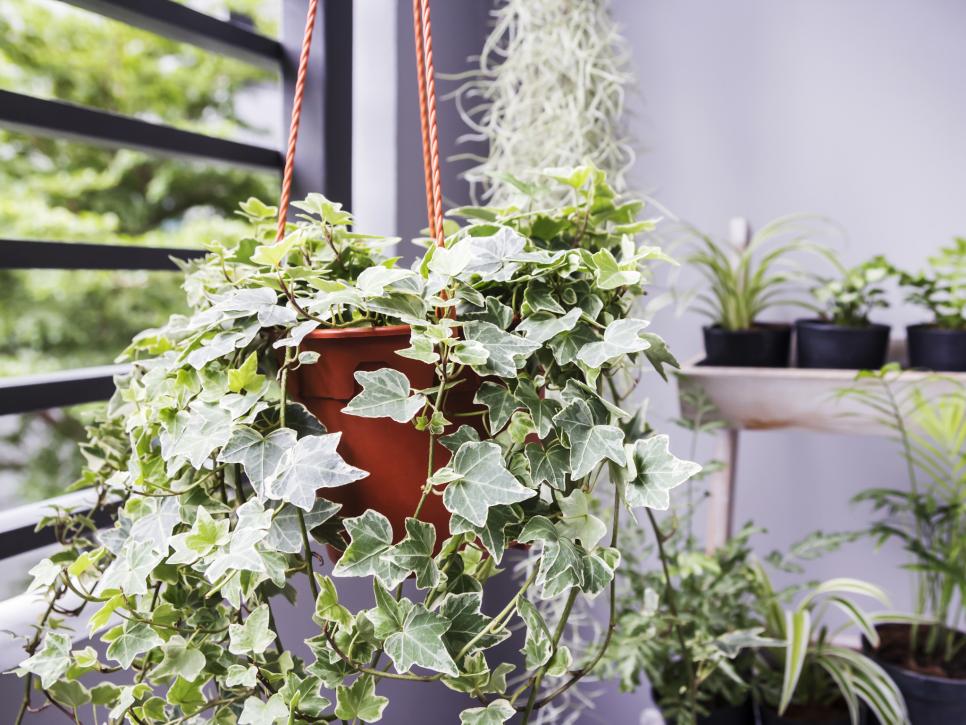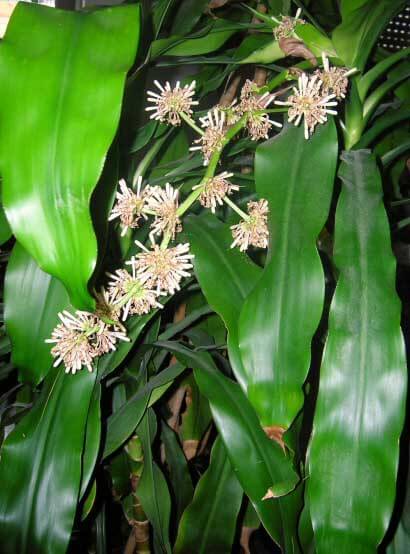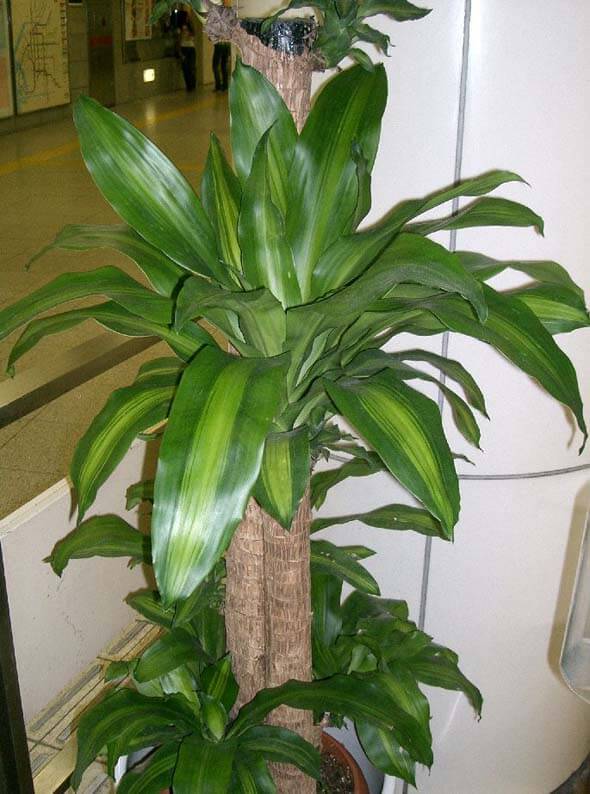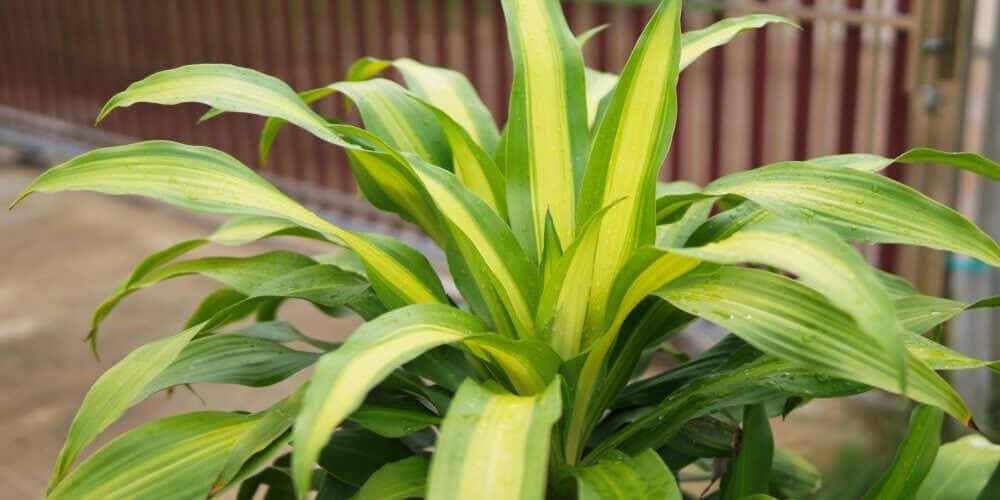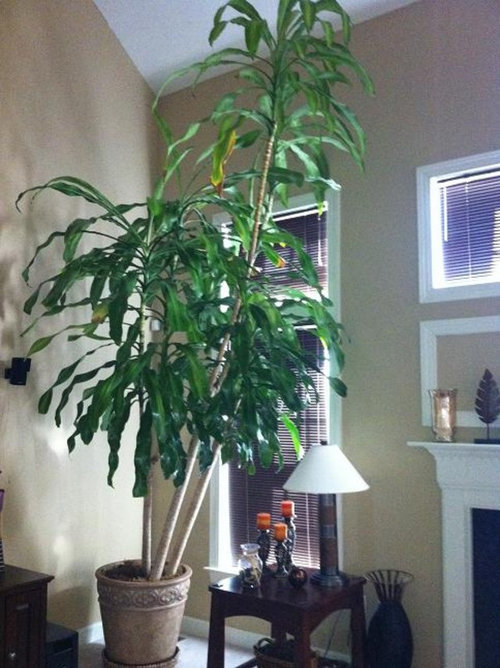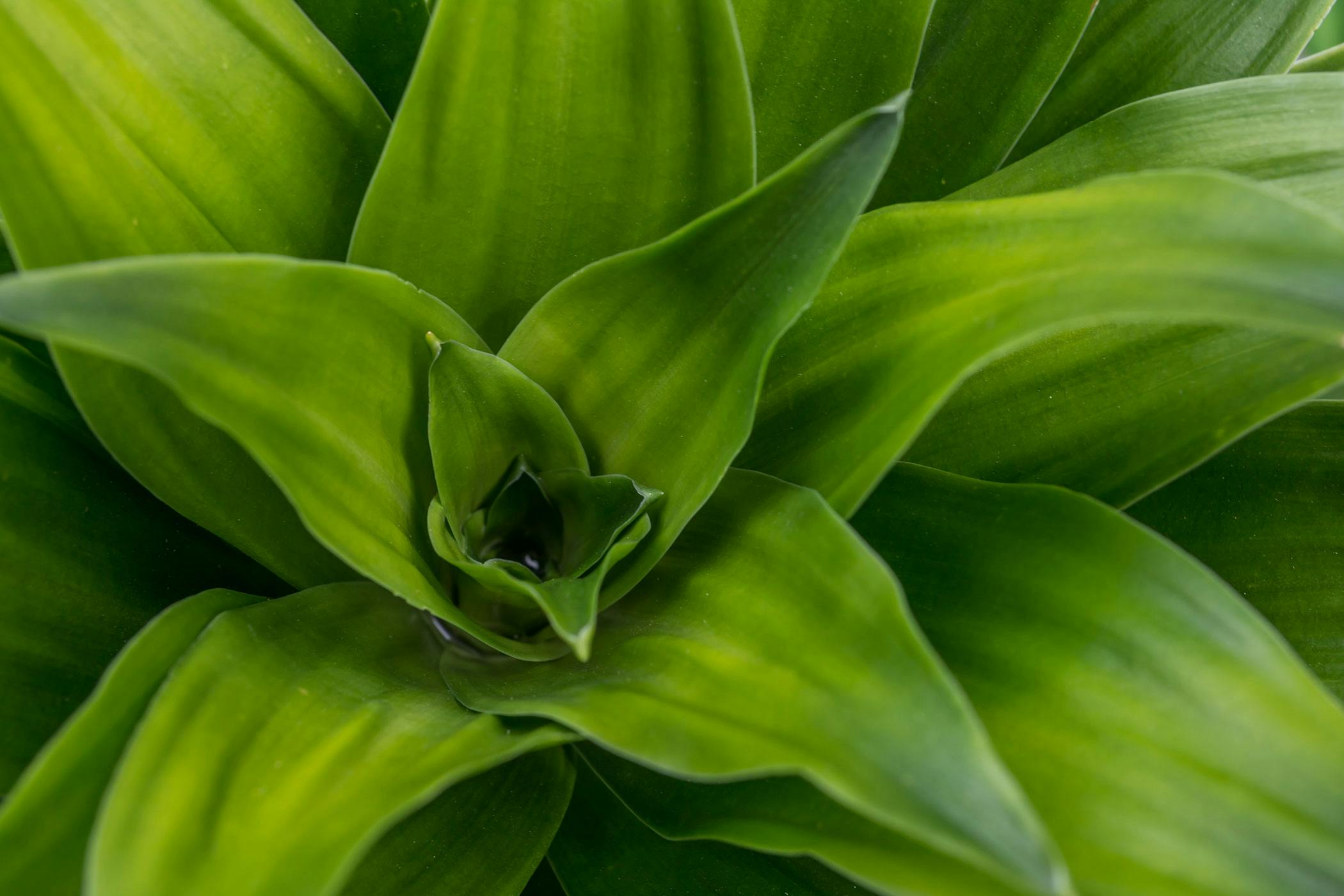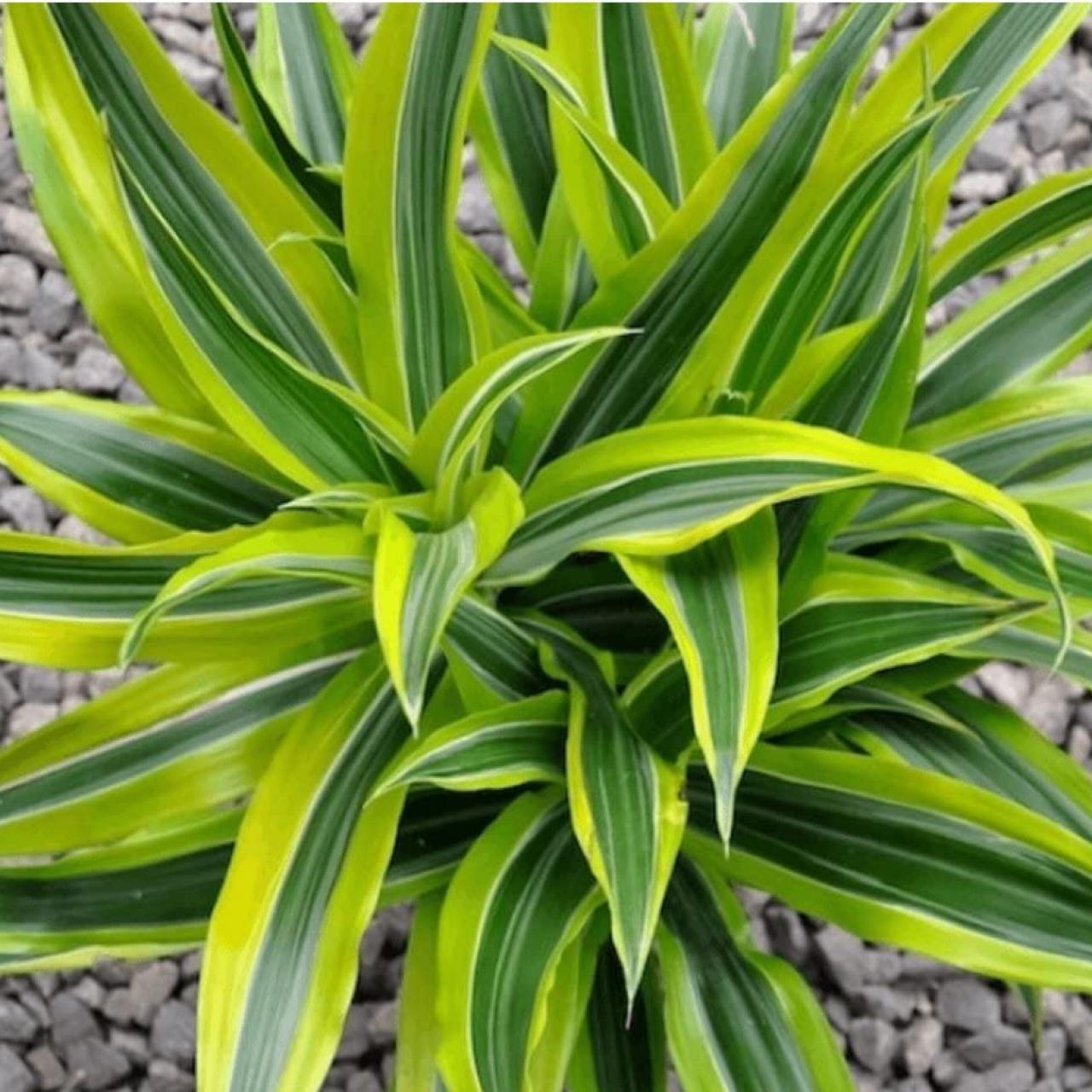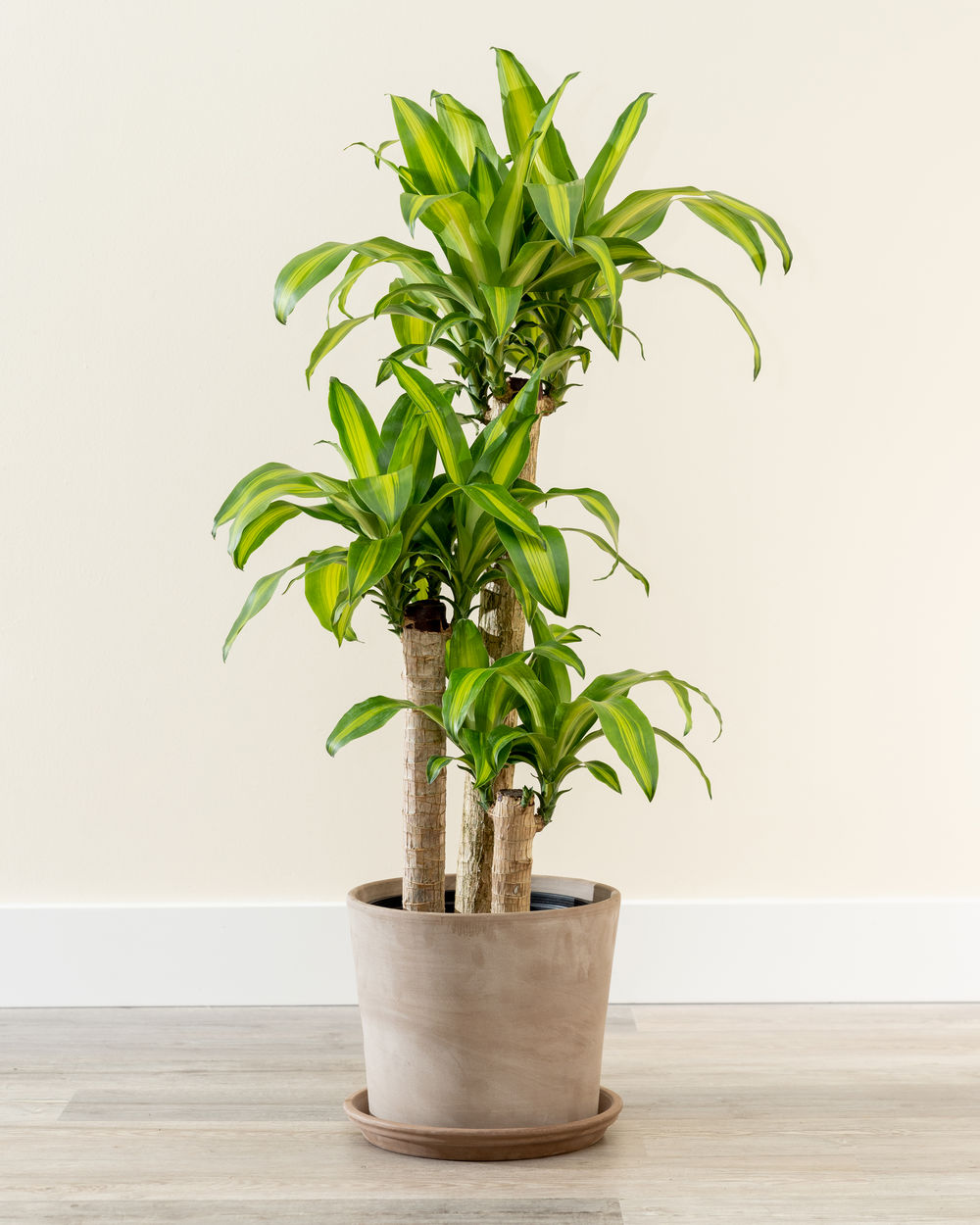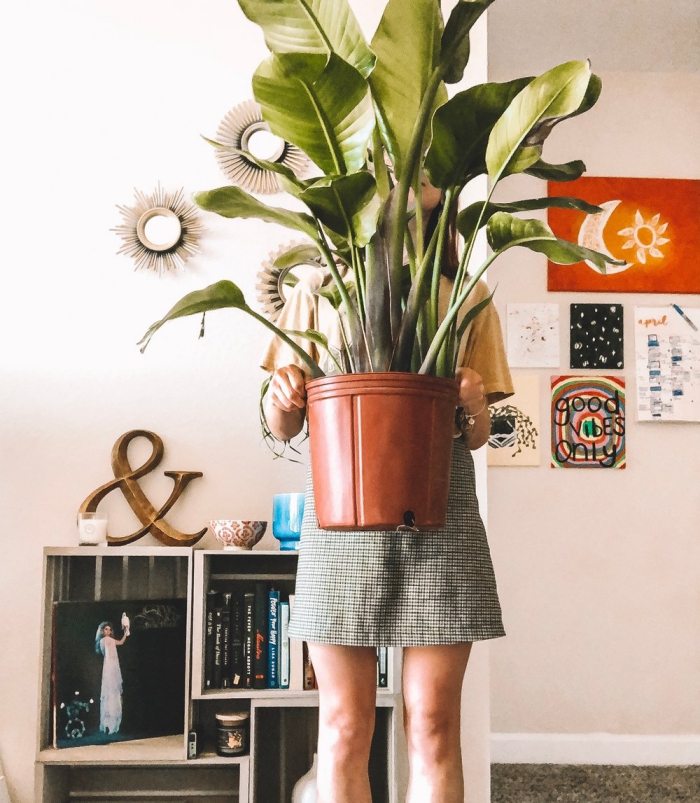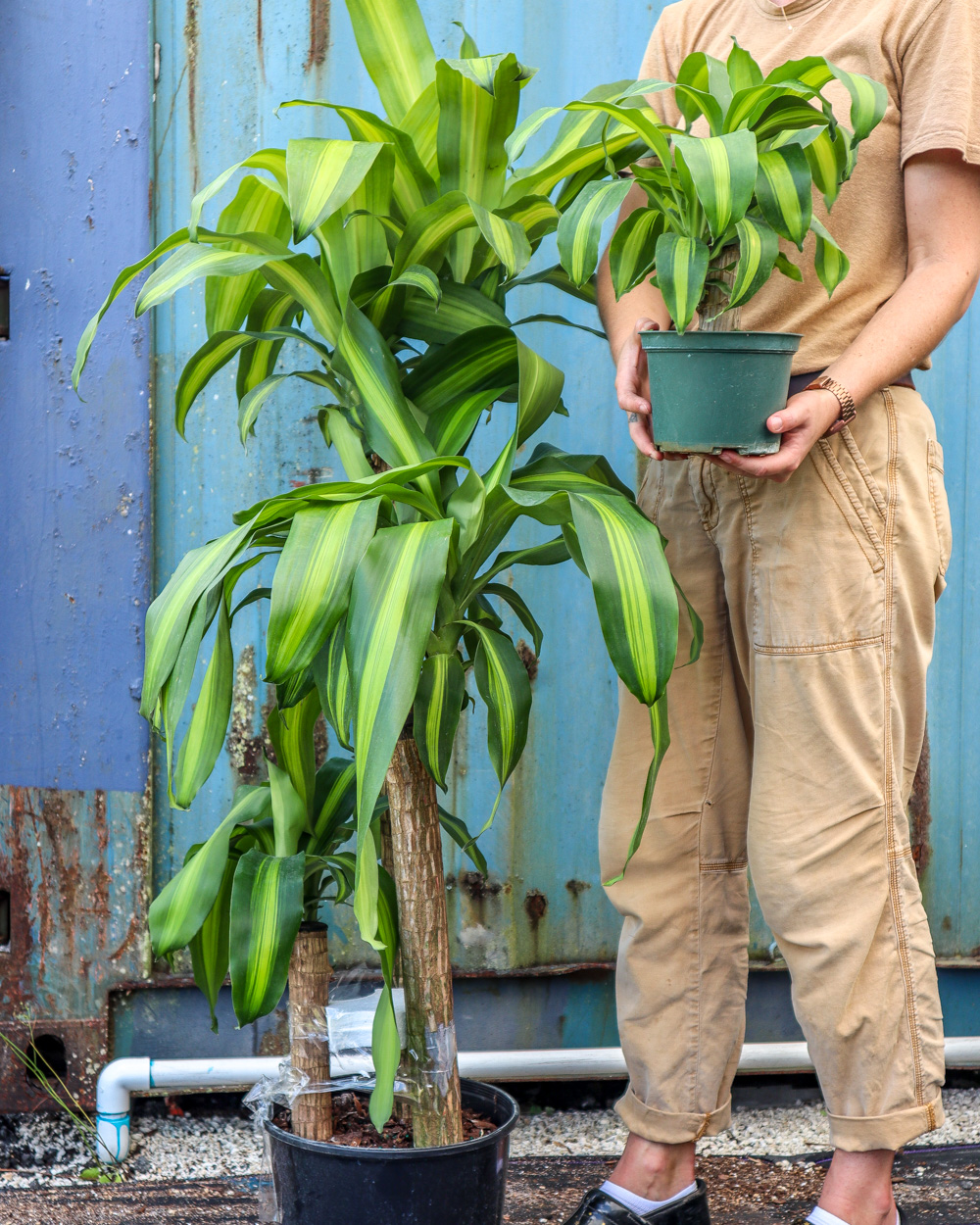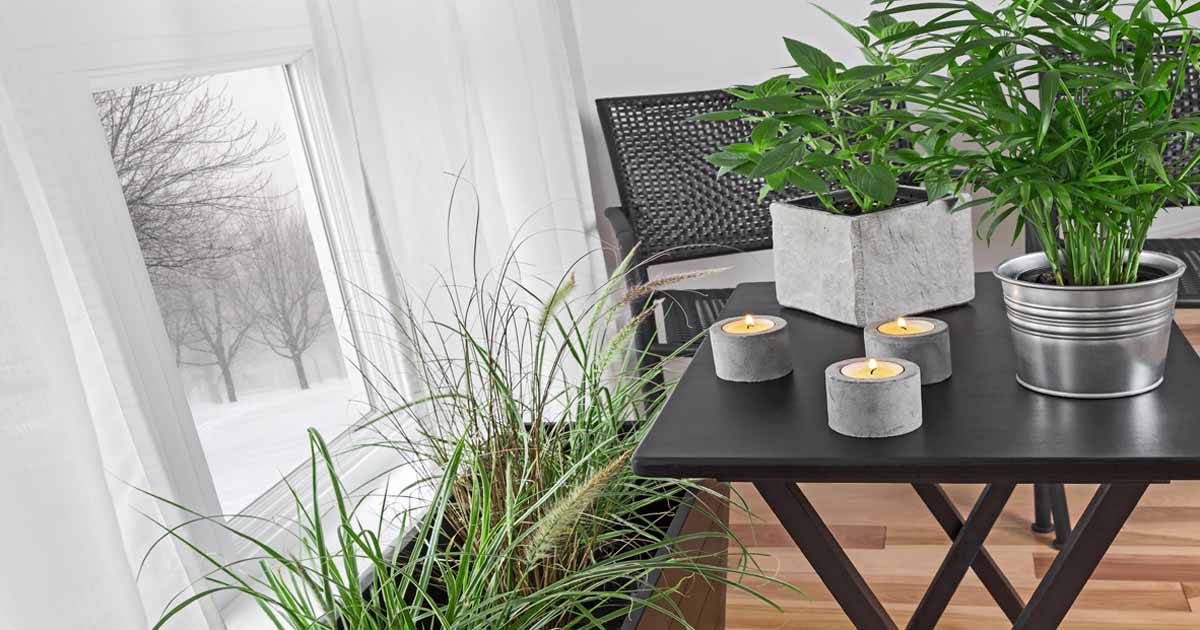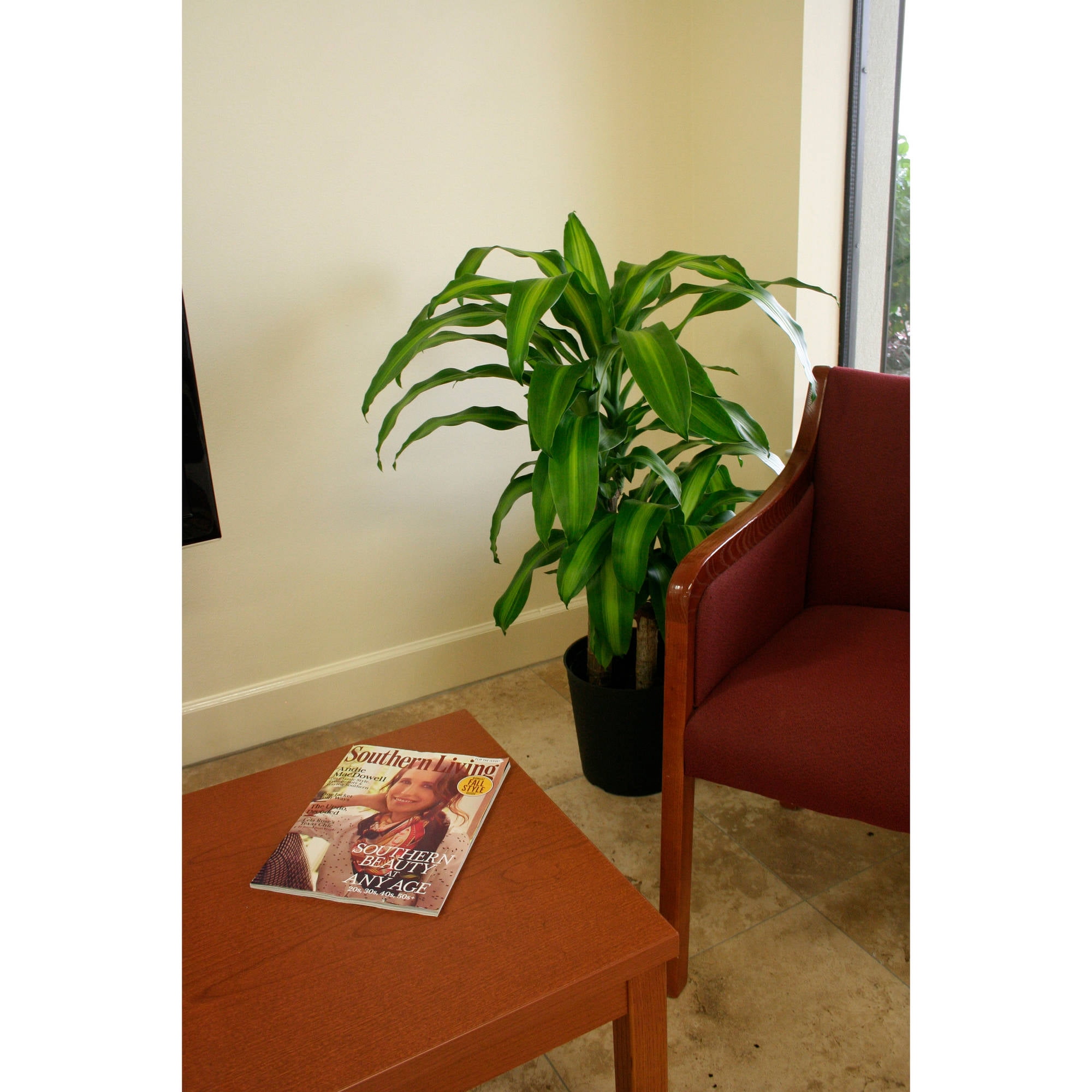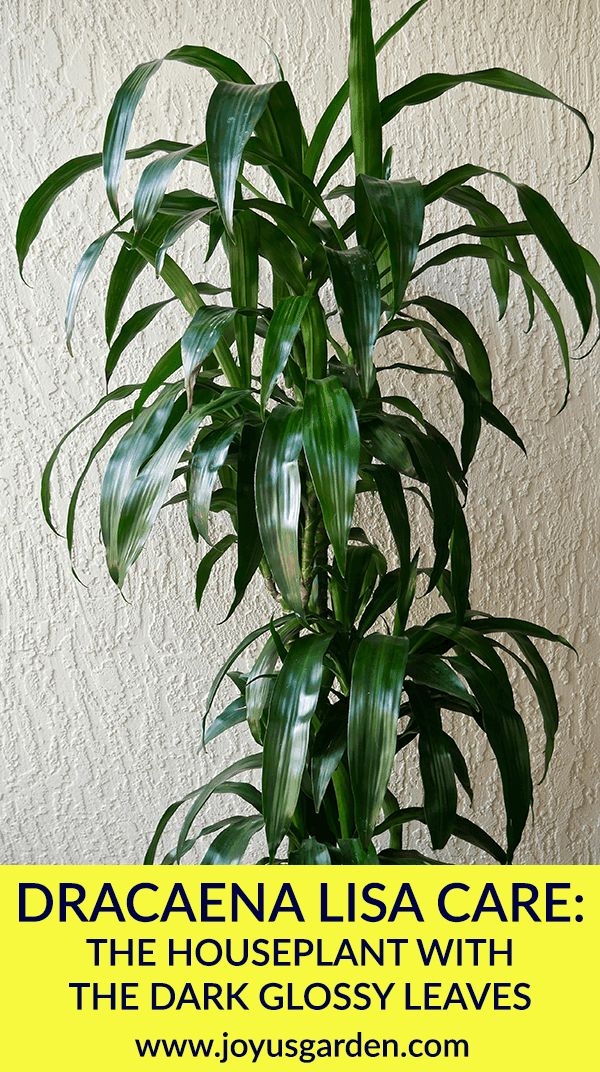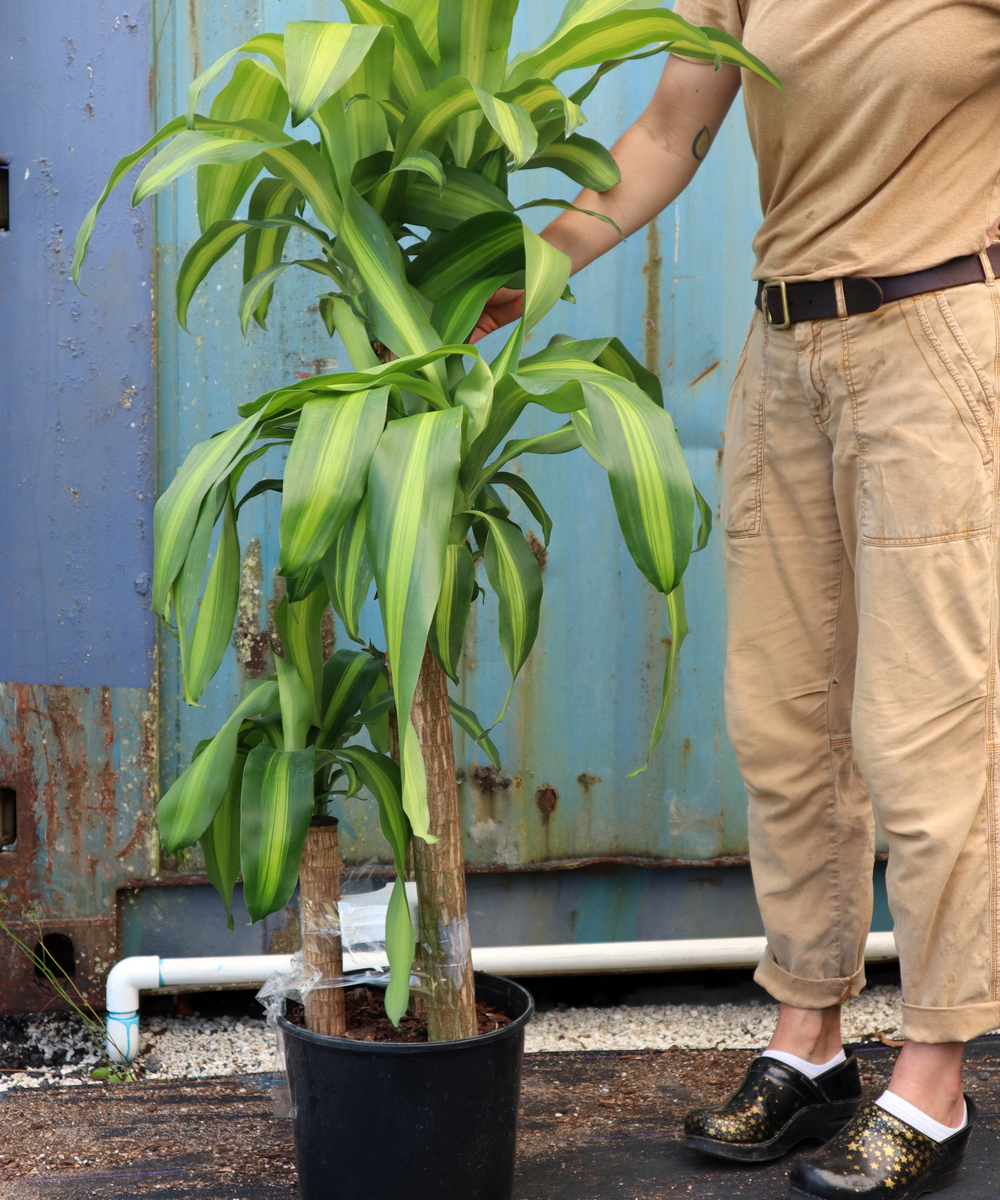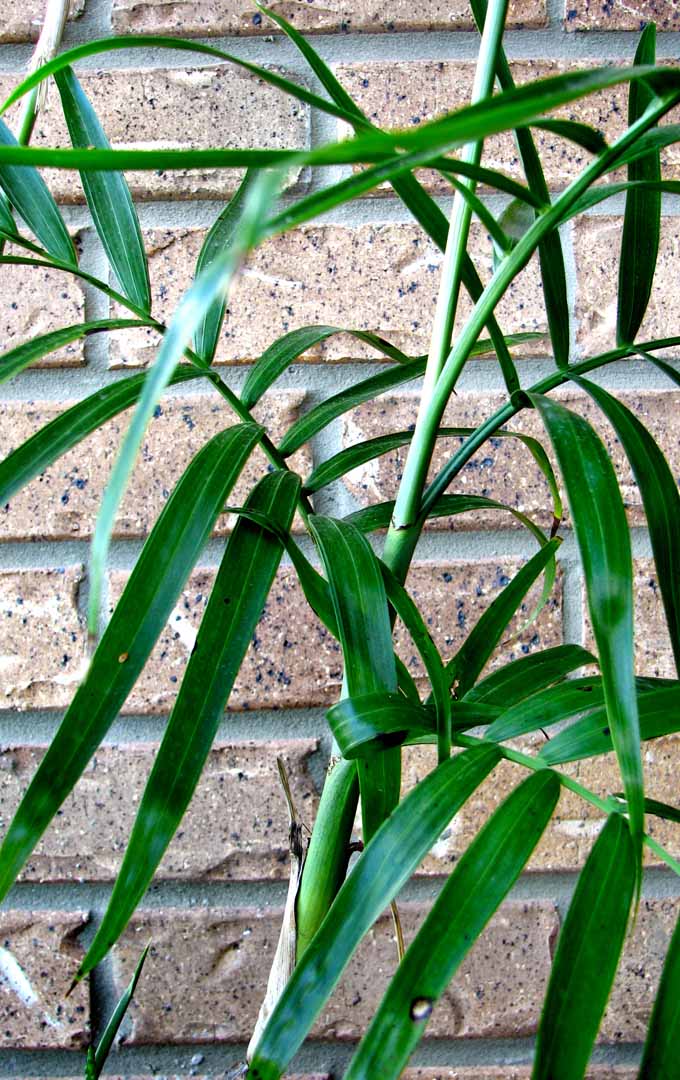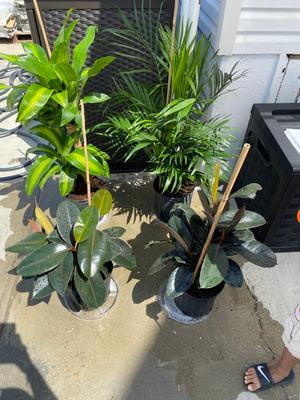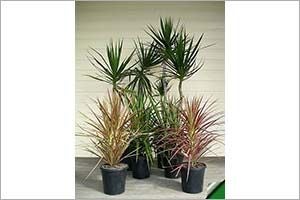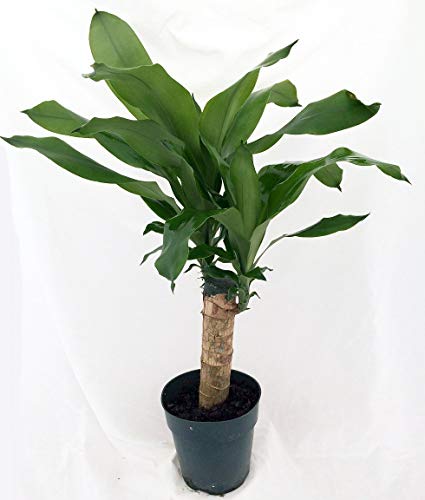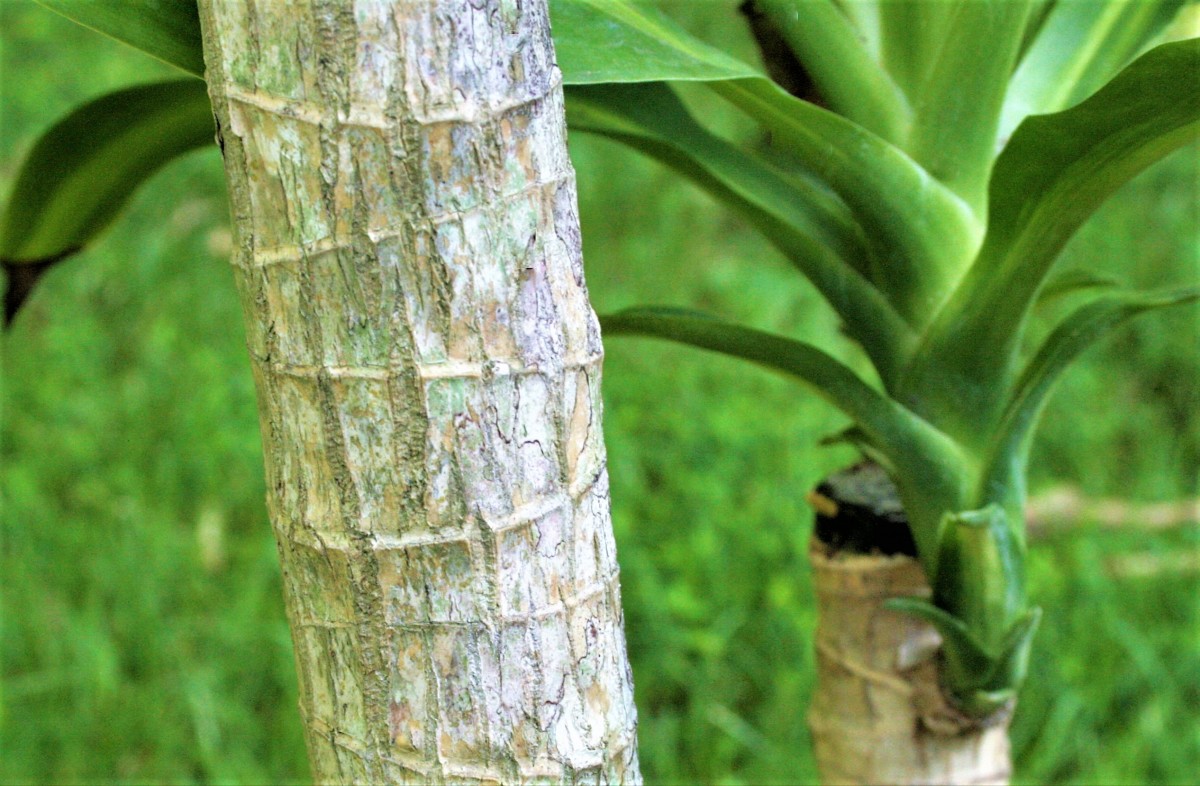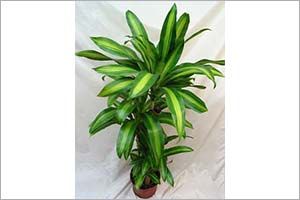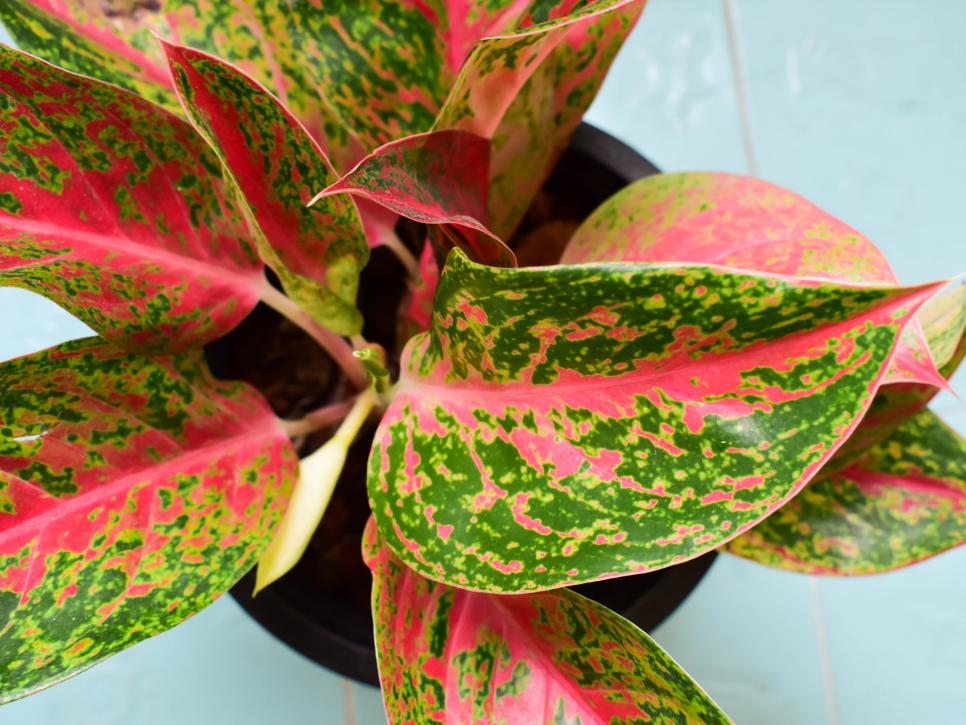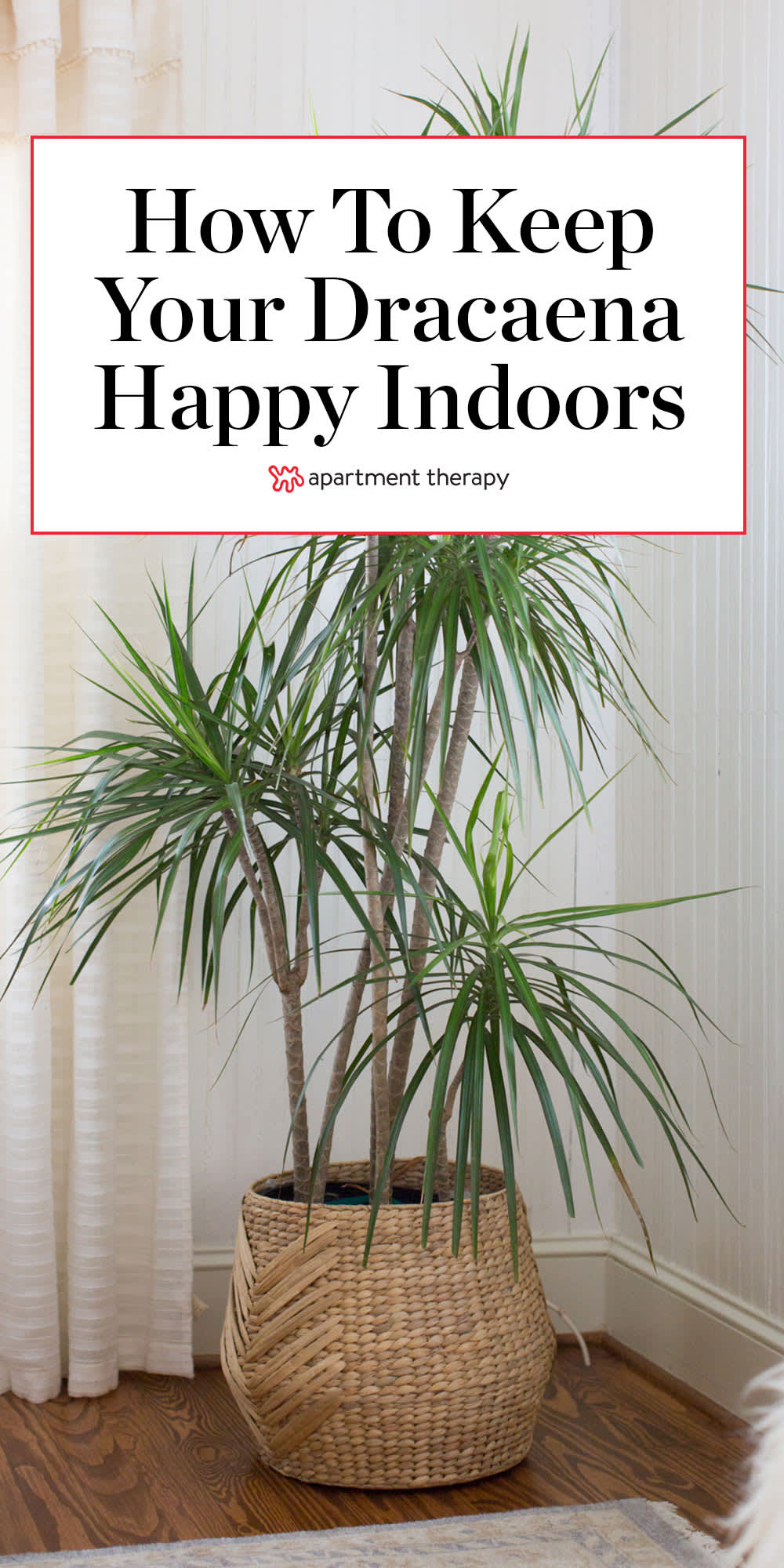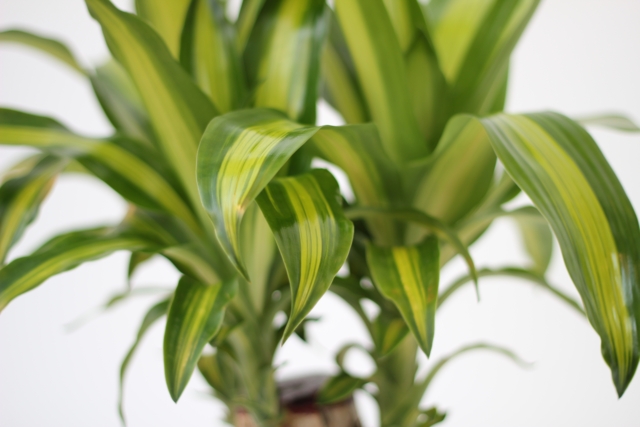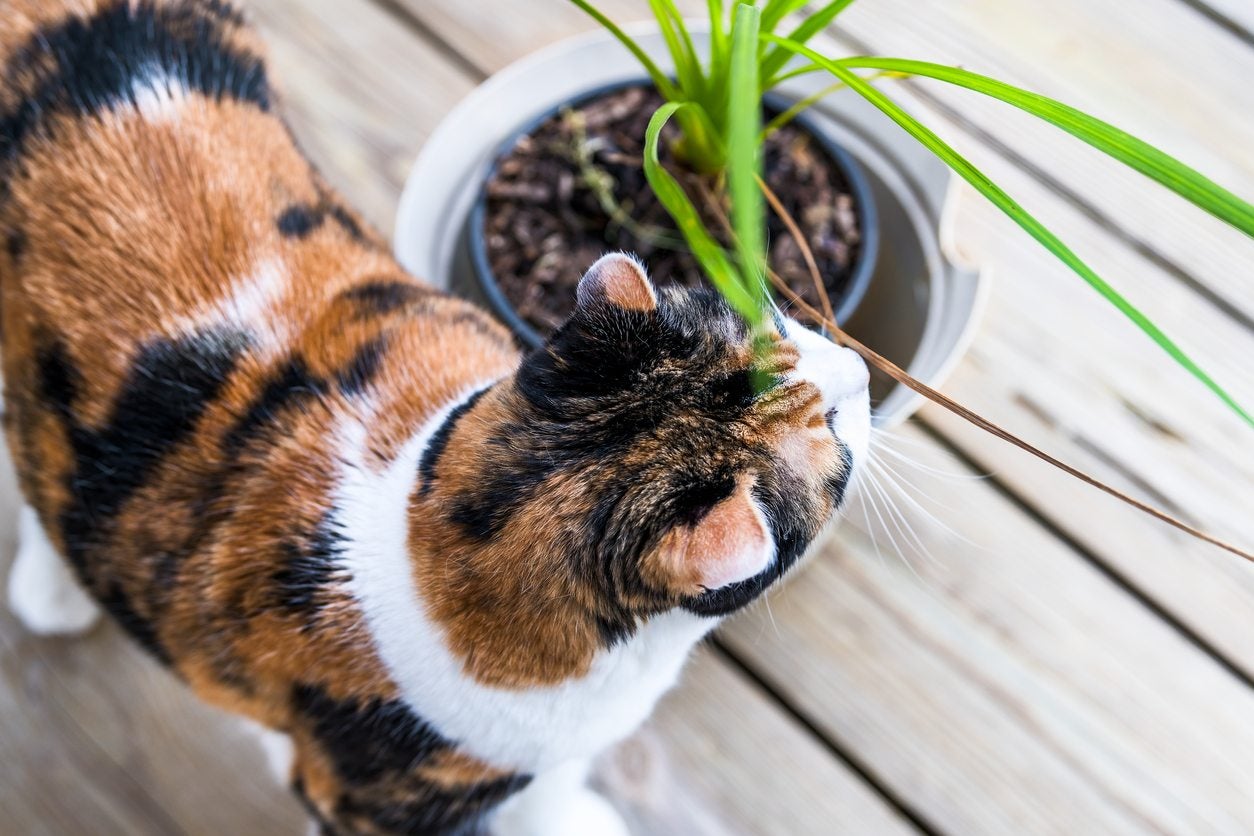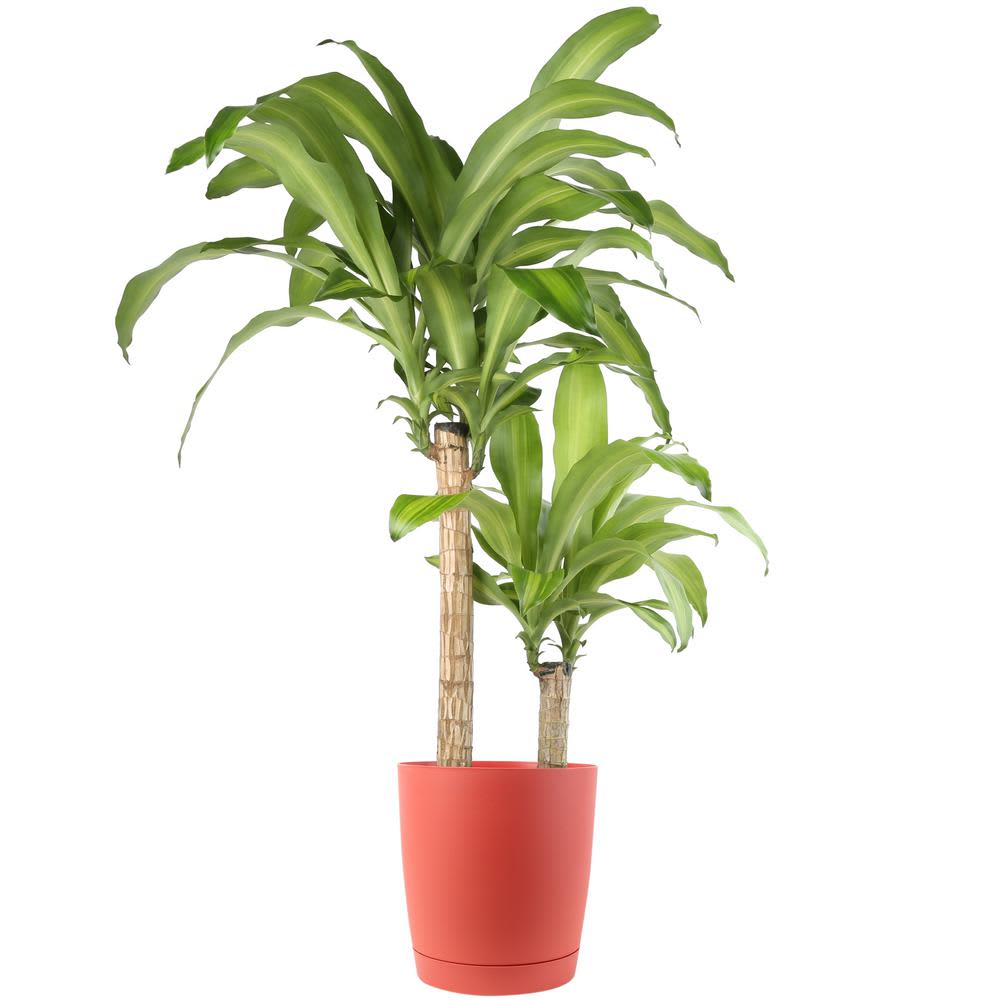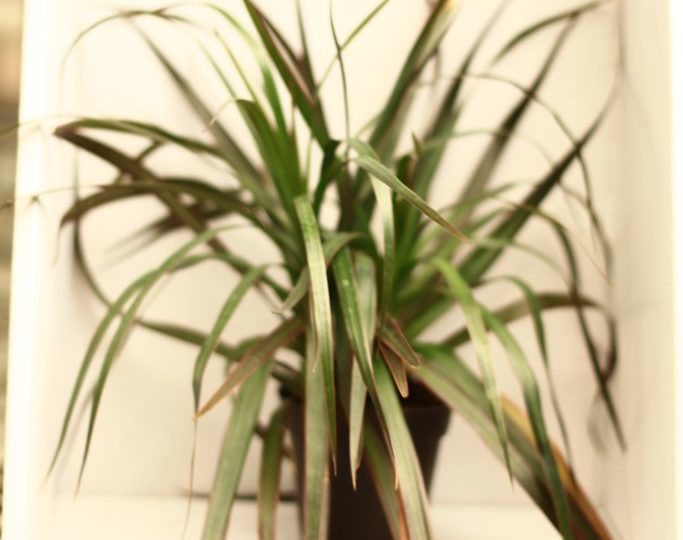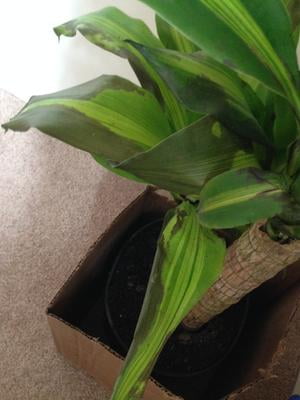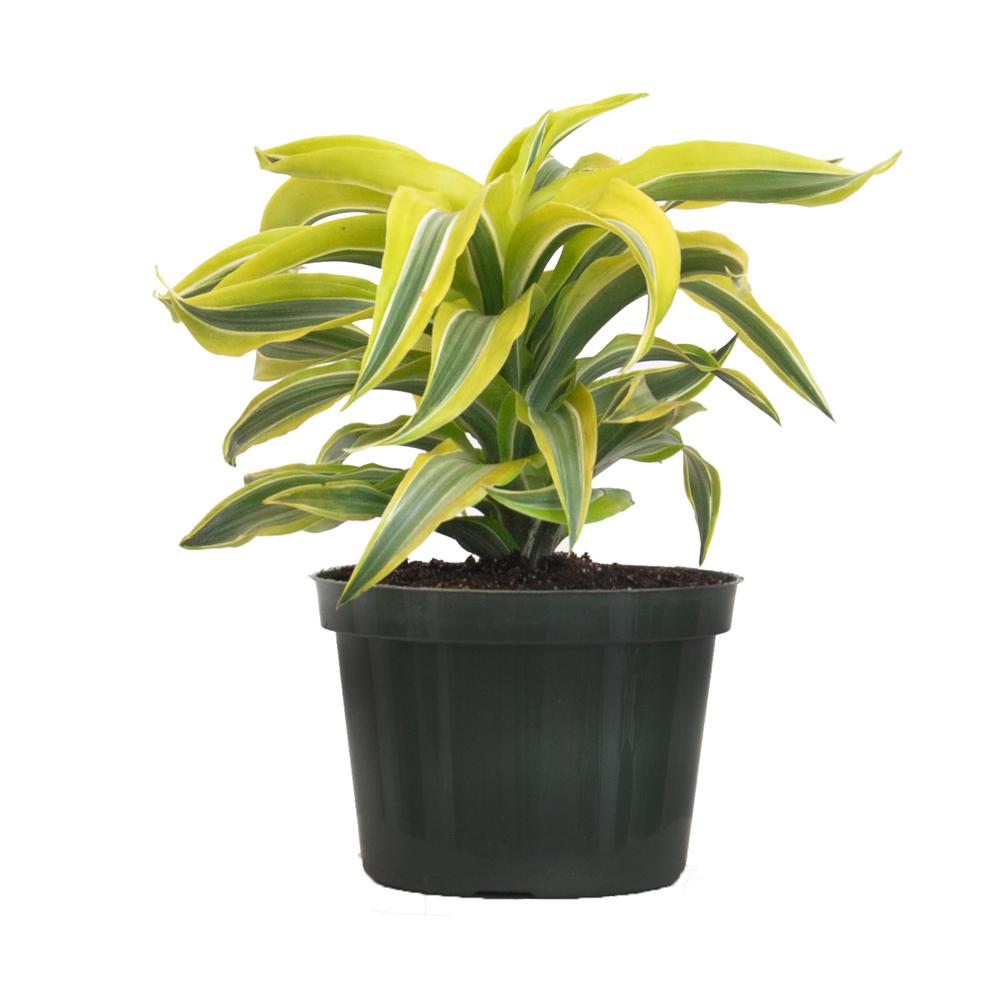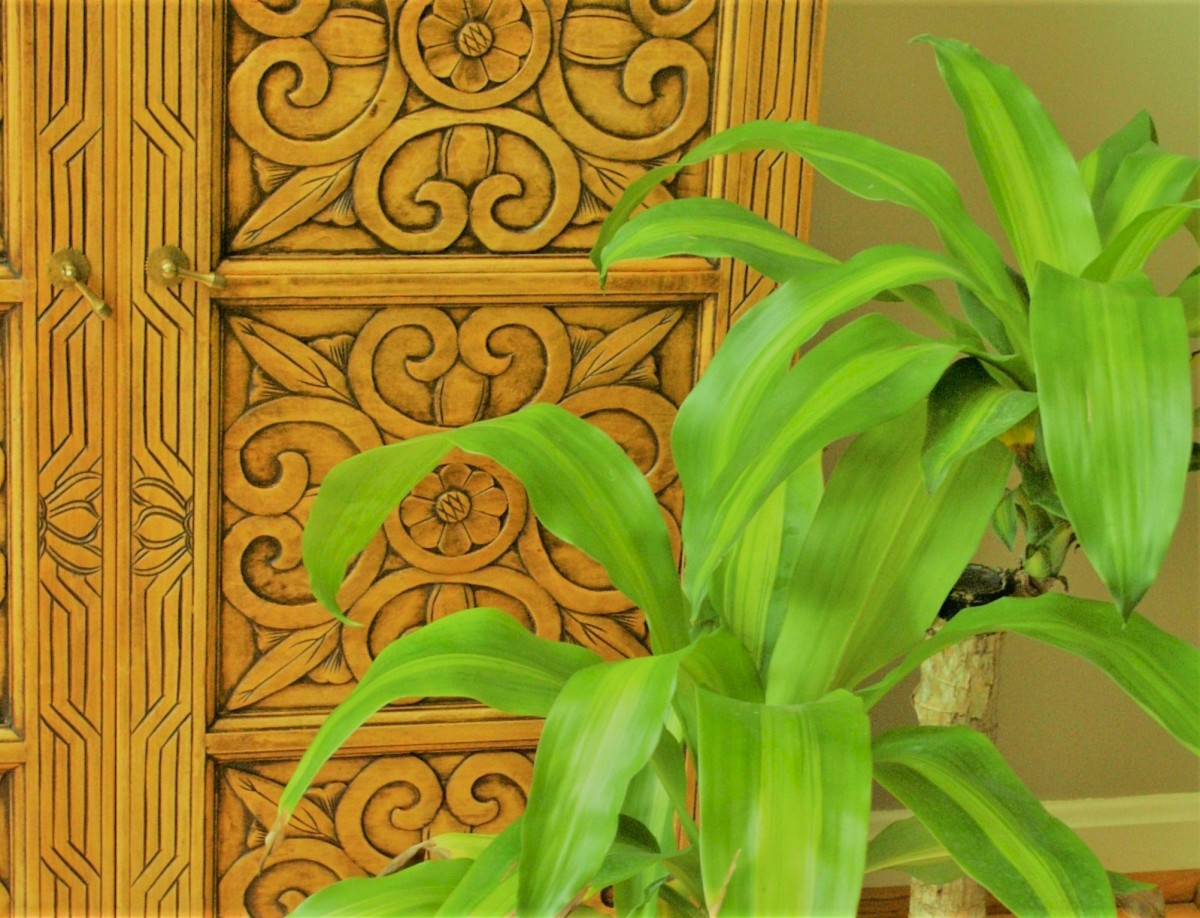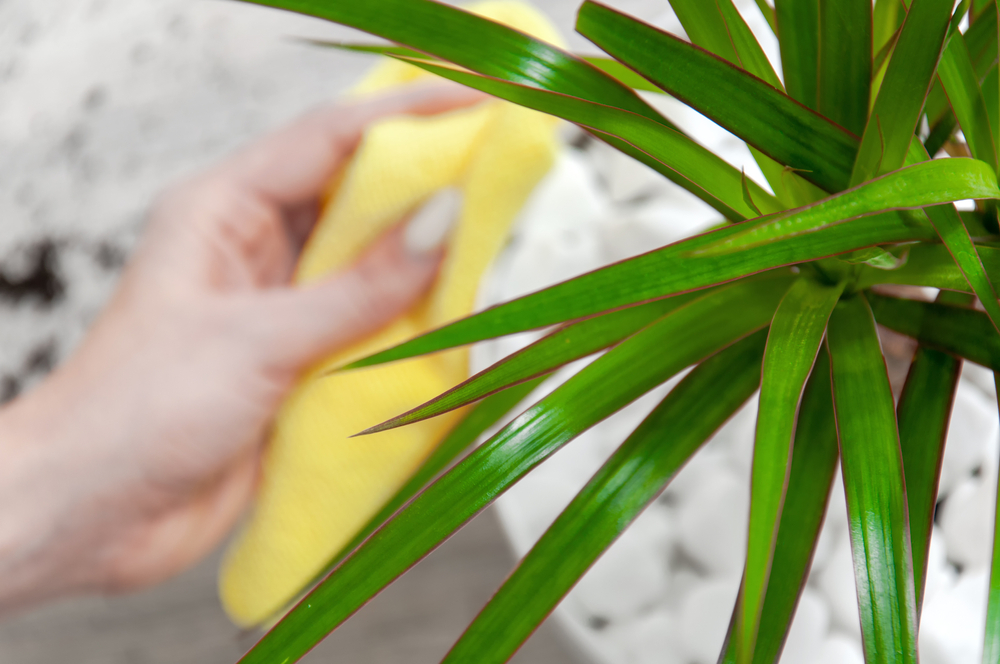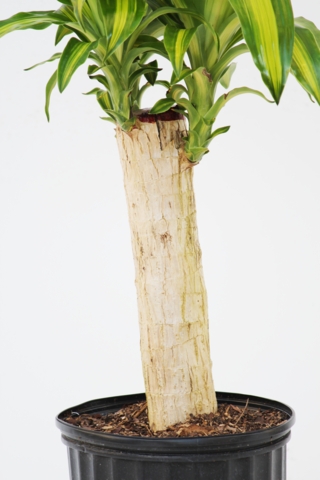Mass Cane Plant Safe For Cats
Are mass cane plants poisonous to cats.

Mass cane plant safe for cats. 13 purifying houseplants that are safe for cats and dogs. Tropical corn plants contain toxic compounds called saponins that cause can cause symptoms such as vomiting with blood depression anorexia excessive salivation and dilated pupils especially in cats. Heres the trunk of my friends pachira aquatica im its foster parent they were once braided but. If youre thinking ok sure these plants are pet friendly but i also dont get much.
Here are some pet friendly plants that are safe for your cat or dog to cuddle up to and how to care for them. Guard it from the wind and cold by keeping it away from open windows in the winter. Cats and dogs may even chew on houseplants during play sessions attacking waving fronds as they would a toy. Cats and dogs dont usually know what things make them sick so their curious nature occasionally gets the best of them.
Saponins are amphipathic glycosides that help protect it against fungi microbes and also works as an antifeedant. The short answer is no. Conditions below 550f120c will cause the leaves edges to turn light grey or brown. Some of the most popular varieties and my personal favorites are the peperomia caperate peperomia obtusifolia peperomia graveolens.
To keep your pets safe avoid having any of these common plants around. Dracaena marginata not safe for cats ie it is toxic to cats since it has saponins which are poisonous to cats and dogs. A dog eating dracaena leaves can result in vomiting sometimes with and sometimes without blood diarrhea weakness drooling loss of appetite and depression. Dracaena is toxic to both cats and dogs.
The idea temperature for mass cane is 600f 150c to 750f 240c. Although tropical corn plants are nontoxic to humans they are poisonous to pets including dogs and cats. Or rather saponin a chemical compound that is found in the plant is toxic to them.
